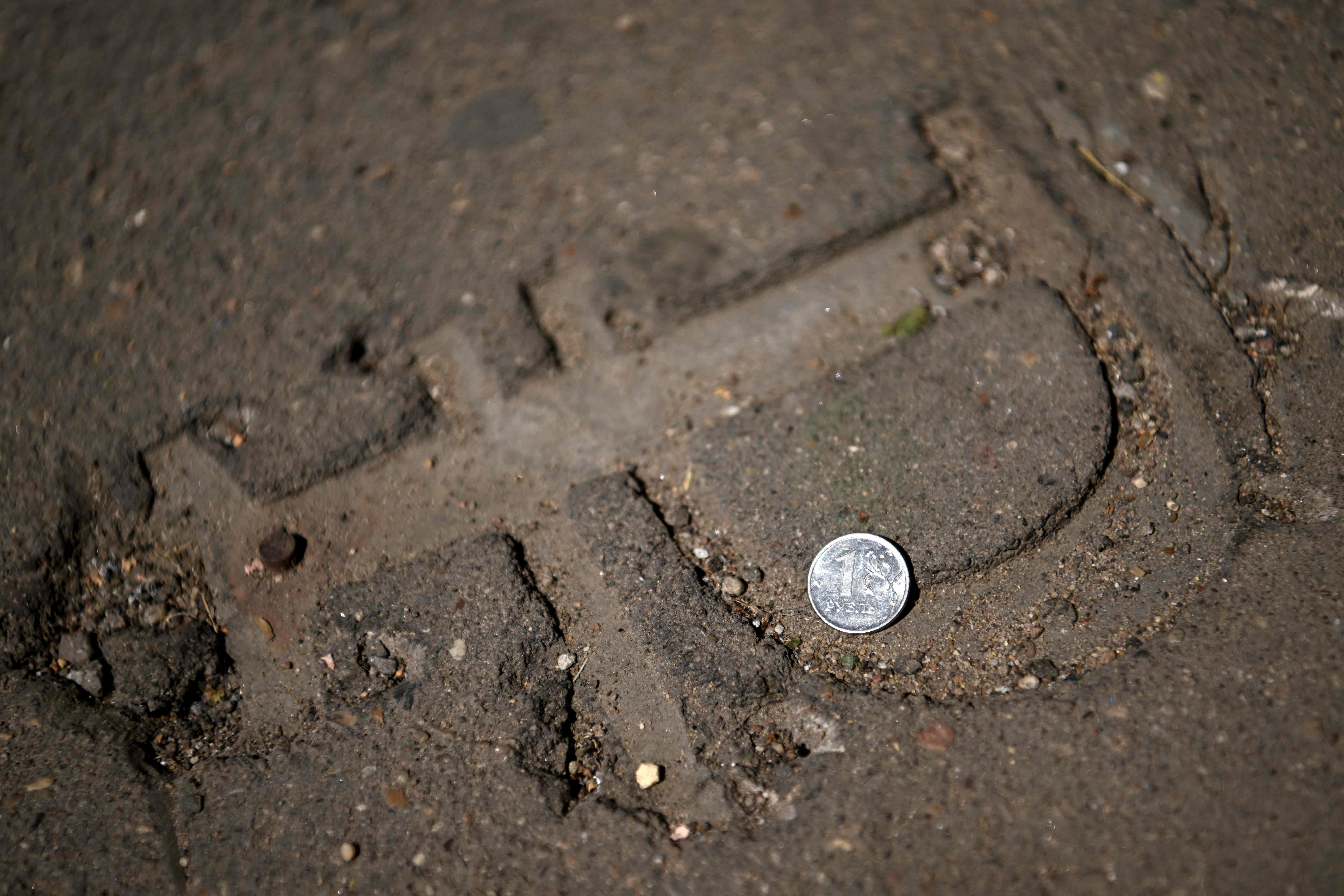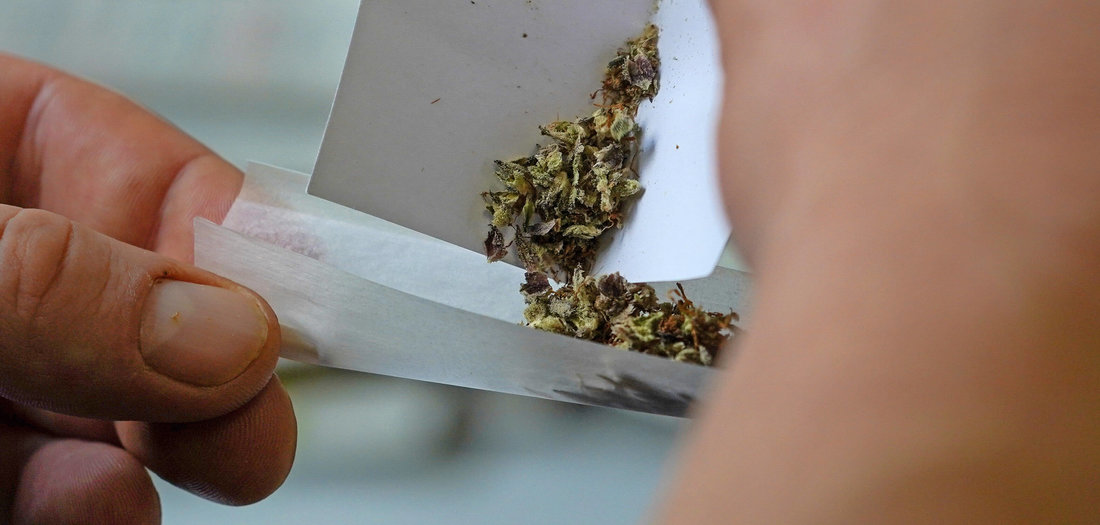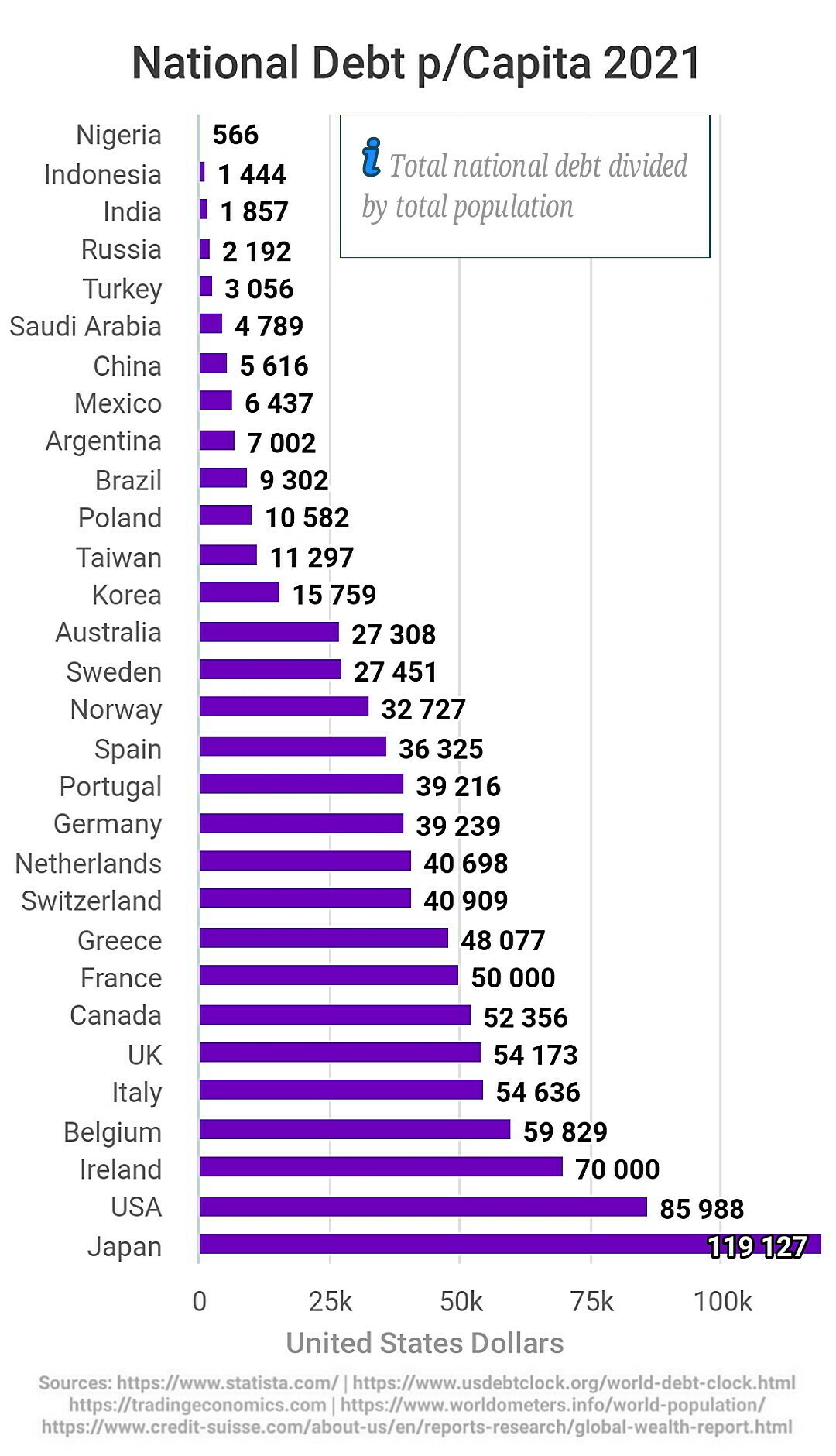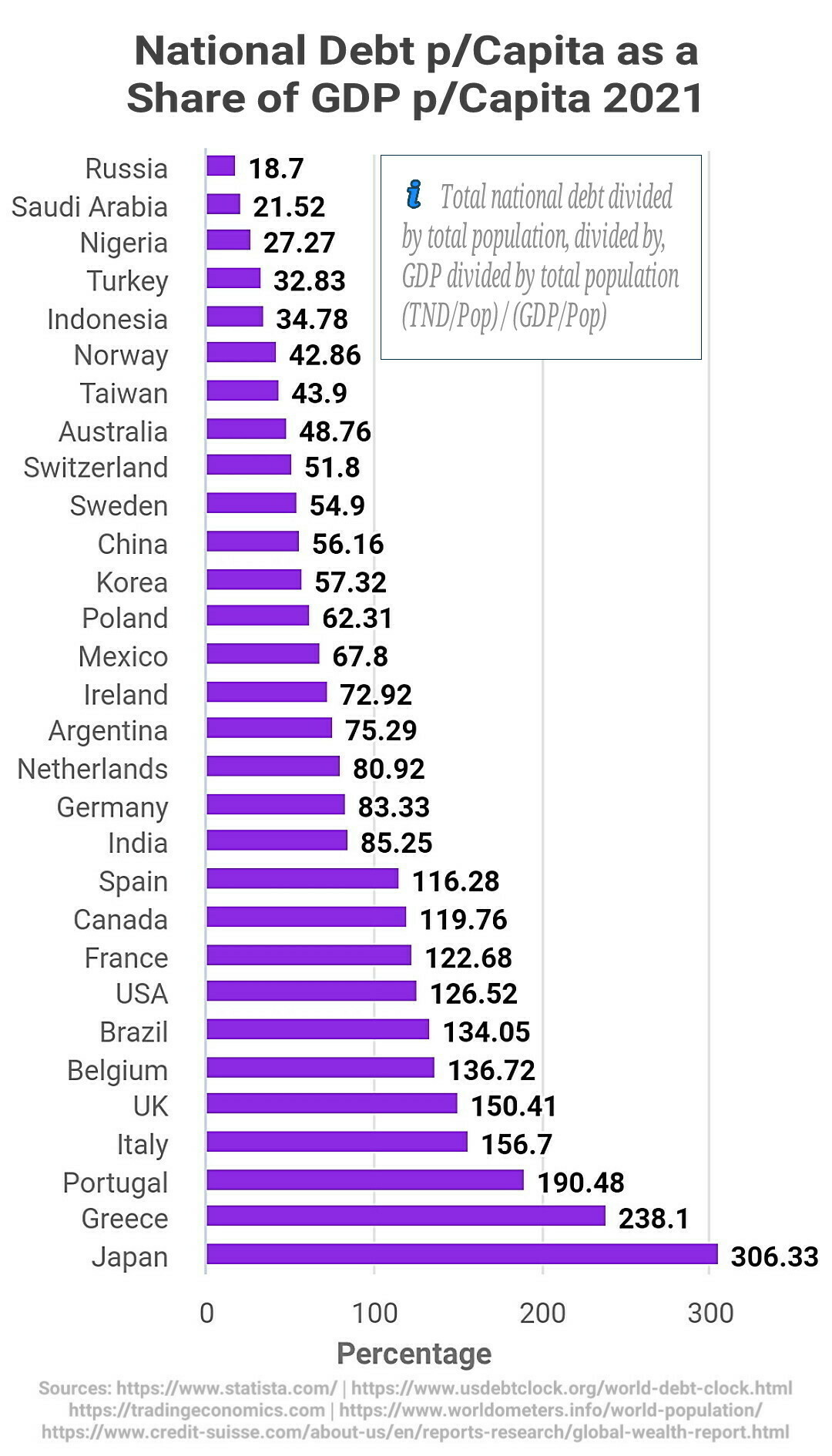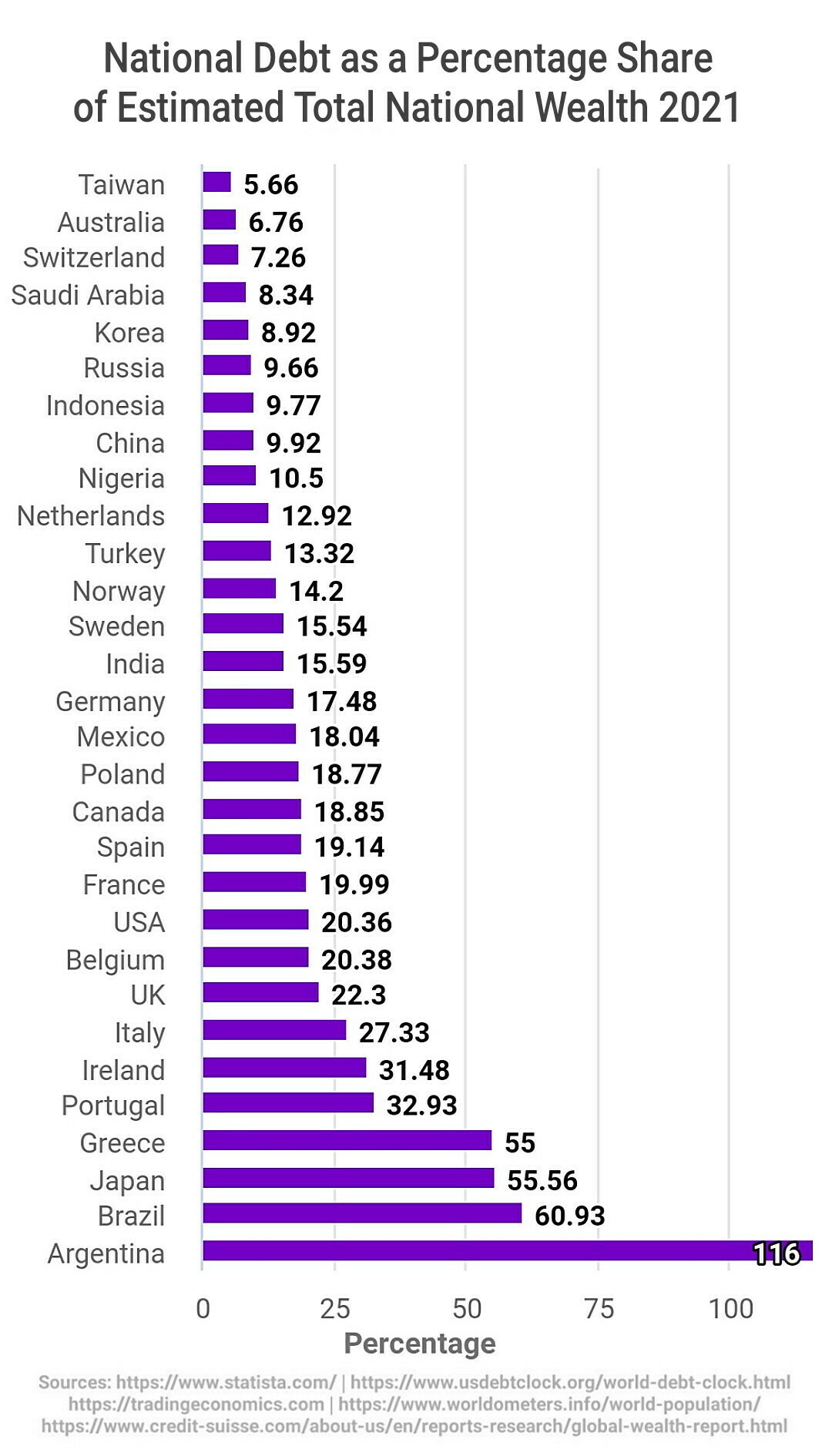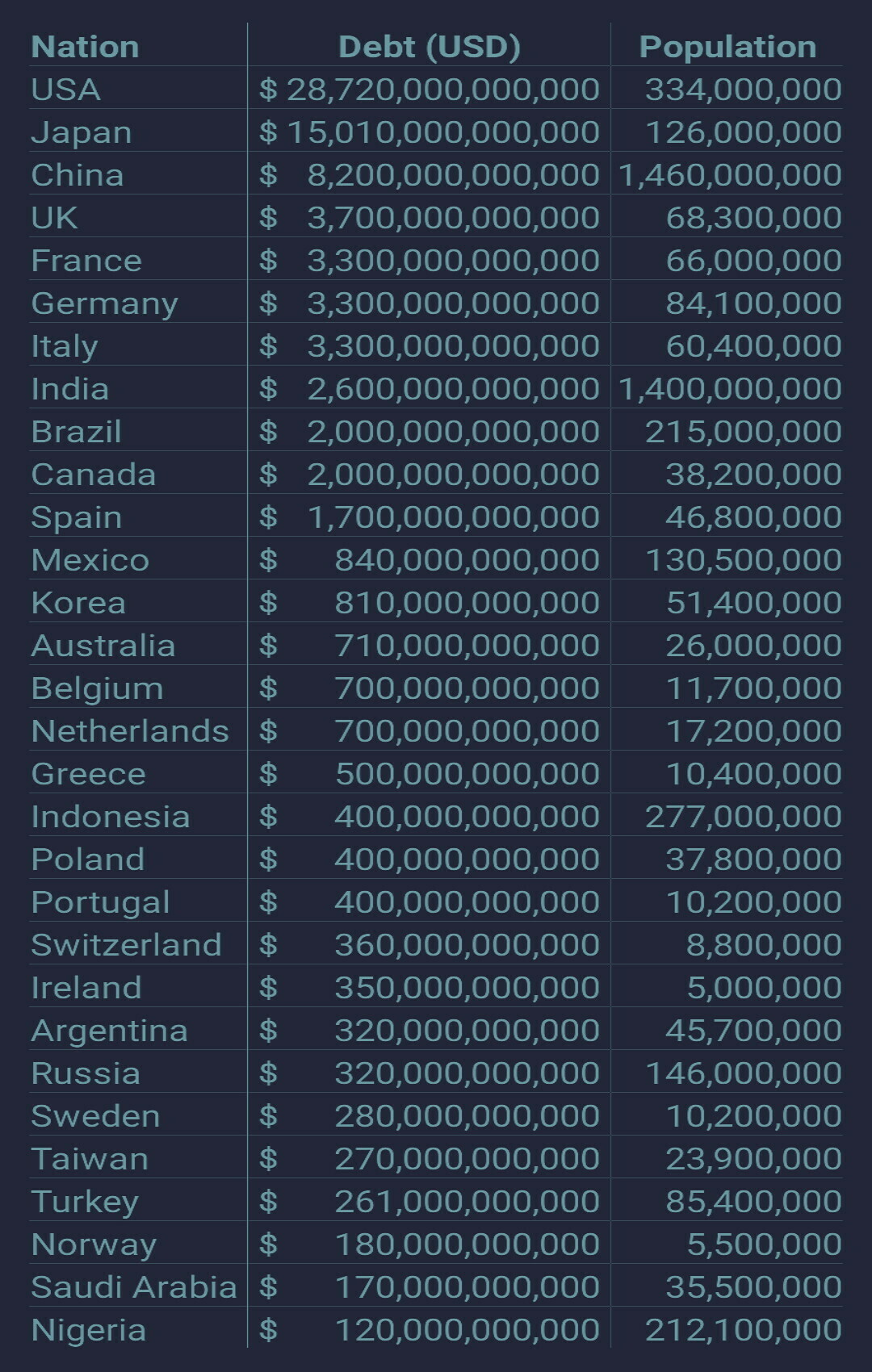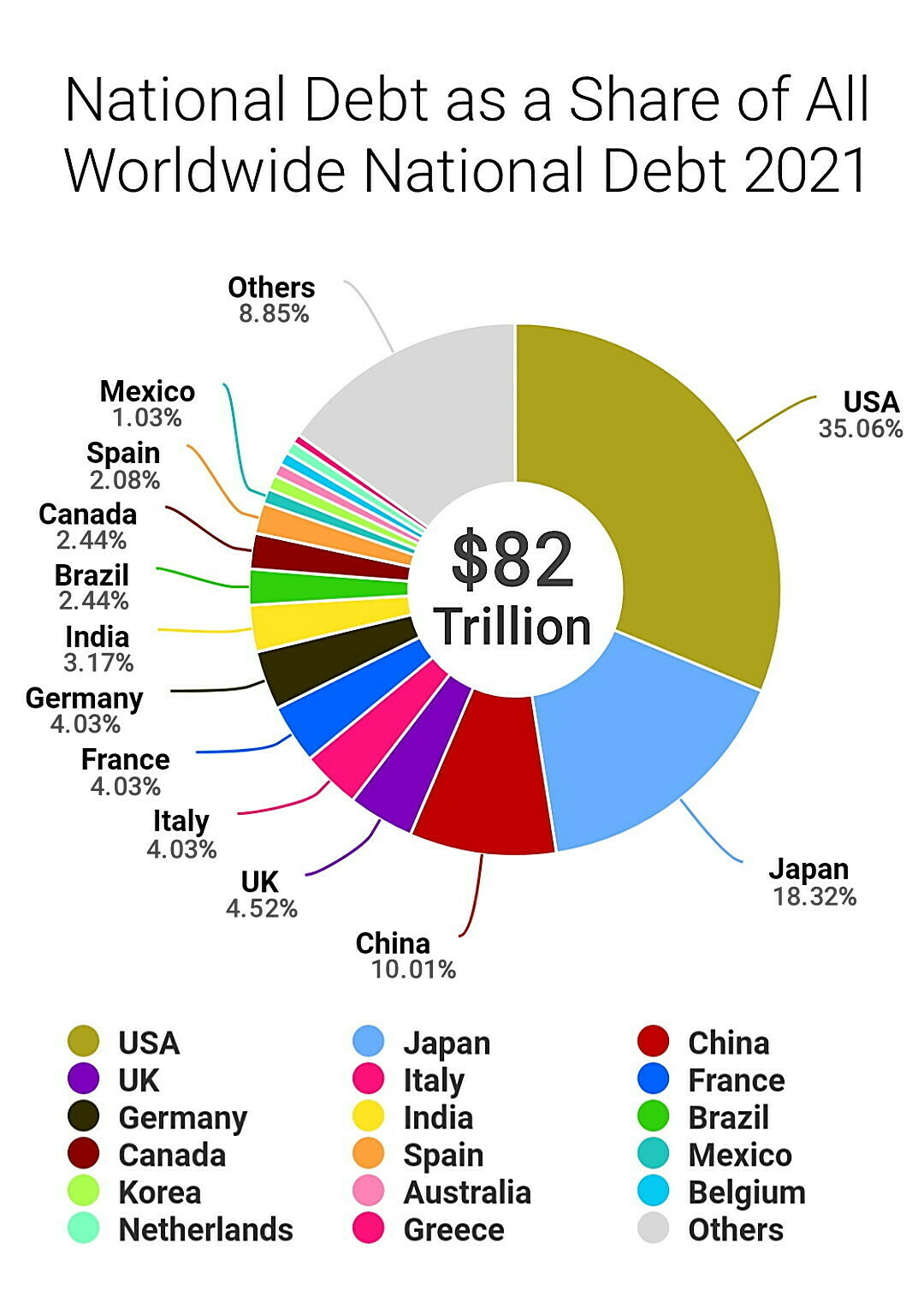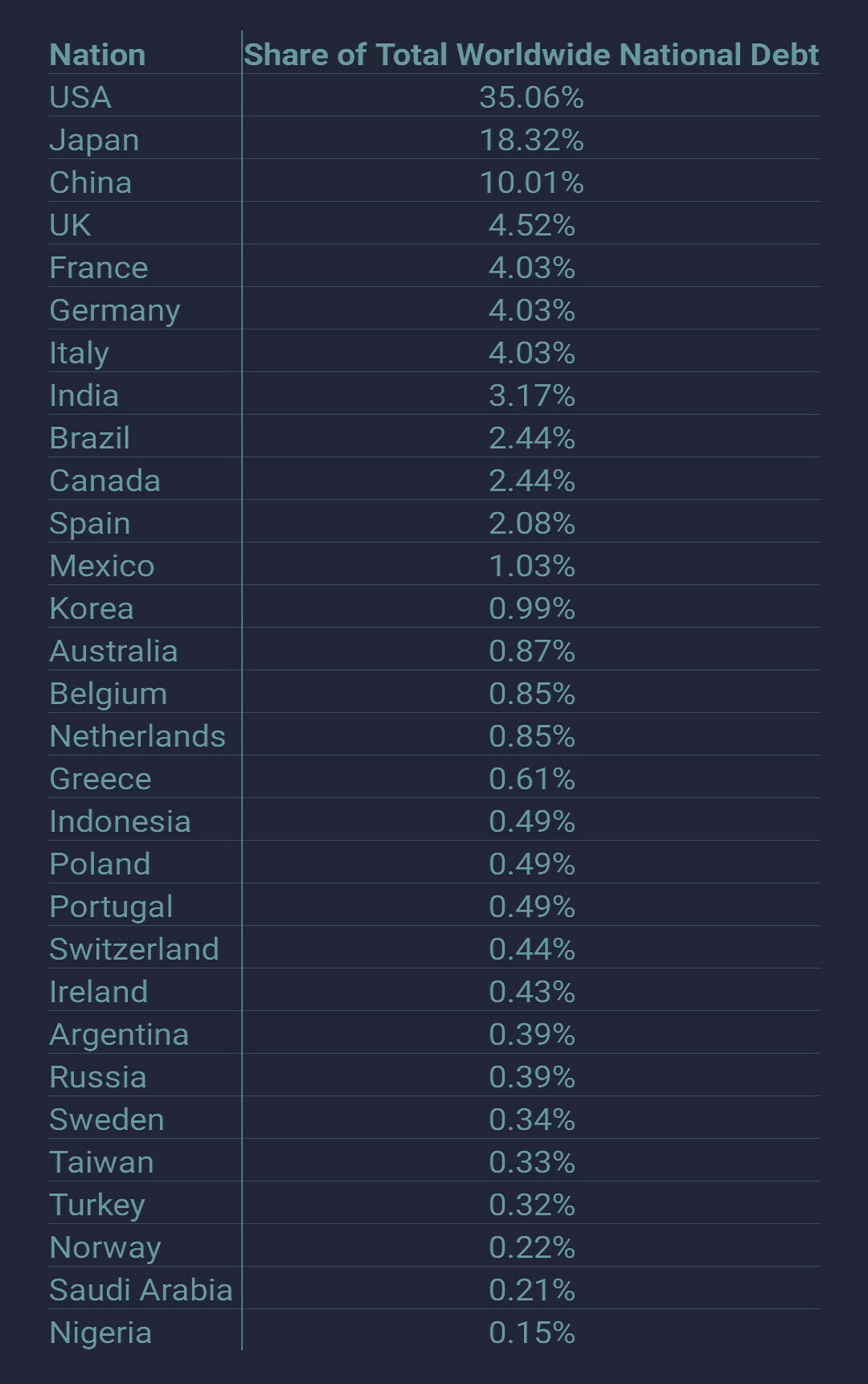Quit the Rat Race
Adopt a don't work ethic.
China now has a Lying Flat movement.
https://www.brookings.edu/techstream/the-lying-flat-movement-standing-in-the-way-of-chinas-innovation-drive/
The idea is not to be a productive citizen. Don't work any harder than you have to. Don't help stockholders and bankers. Don't contribute to the GDP.
I've read that slaveholders in what's now Haiti were afraid that, if they freed their slaves, they wouldn't be able to pay them to keep working for their former slaveholders. They were afraid they'd take to the hills and forage or engage in subsistence farming. In other words, they were afraid that the former slaves would produce only what they needed, and nothing would be left over for the land owners.
This is what the authorities in China are worried about now. They don't want people to reduce their cost of living in order to be able to earn less, they want them to increase their cost of living, forcing them to work harder and longer. They want them to stay in the rat race. They want them to be in debt.
Reducing our cost of living to be able to lower our income has other advantages.
The only way to do anything useful about the on-going climate catastrophe is to reduce consumption of everything, and to reduce the amount of transportation, both of people and of other things.
The on-going climate catastrophe is only one (probably the most dangerous) of the symptoms of wealth and income inequality. Quitting the rat race is perhaps the most effective way to attack this central problem. The billionaires get all their income directly and indirectly from selling people goods and services they would be better off without. What will happen to Tim Cook if no one will buy a new Apple product? The wealthiest people in the world are those who peddle the most harmful goods and services.
- Buy durable clothing, and keep on wearing it, year after year.
- Keep on using your present computers. This is practical because there are Linux distros made especially for old machines. Other distros will have better support for old machines if we stop buying new ones.
- For all devices, mechanical and electronic, buy the most durable and reliable.
- Rent living space, and don't rent more than you need. Mortgages are a huge part of the banking business.
- Live as close as possible to the grocery store. It's best if we can walk to the store.
- Buy a motor scooter, preferably for cash. It's less expensive to buy, insure, and operate. The Japanese ones tend to be the most durable and maintenance-free.
- Better yet, if you live close enough to the grocery store, buy a bicycle instead.
- Eat vegan. It's less expensive, and it puts less land under agricultural use.
- Often, in the supermarket, the best value is on the bottom shelf. Always look.
- Wash your hair with the same inexpensive soap you wash the rest of your body with. Use that same soap for shaving.
- If you have a beard, don't shave it. Just trim it with scissors.
- Don't print stuff. Printers are a huge rip-off.
- Don't be a tourist. Tourism is a huge and entirely unnecessary industry that requires transportation.
- Don't get more medical care than you need. You need a lot less than the health care industry says you need.
So, once again, the goal is to reduce your cost of living, and not increase your income. Refusing to work full time for wages will kill the same industries that we're killing anyway by not buying what they sell. I look forward to a world that has fewer people, and is much quieter. I don't want to stop science, but I do want to stop the patenting of inventions. I also want culture to be free. Let's completely abandon the idea of intellectual property.
What else?
Well, if you spend less of your life toiling for the wealthy in order to sell unhealthy crap to people, and more time learning, napping, reading books, and listening to old records, you'll probably be happier and live longer.
http://www.zpub.com/notes/idle.html In Praise of Idleness, by Bertrand Russell
#laziness #work #rat-race #leisure #income #bankers #wealthy #billionaires #gdp #lying-flat #idleness #happiness #inequality #markets #buying #buy-less
